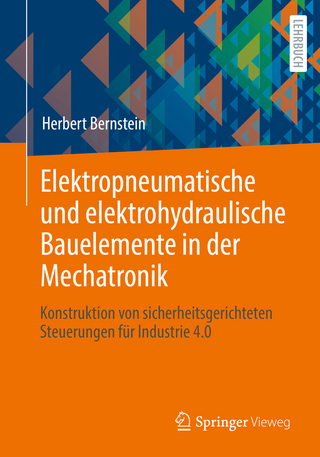
World Development Report 2010
World Bank Publications (Verlag)
978-0-8213-7987-5 (ISBN)
Today's enormous development challenges are complicated by the reality of climate change-the two are inextricably linked and together demand immediate attention. Climate change threatens all countries, but particularly developing ones. Understanding what climate change means for development policy is the central aim of the World Development Report 2010.
Estimates are that developing countries would bear some 75 to 80 percent of the costs of anticipated damages caused by the changing climate. Developing countries simply cannot afford to ignore climate change, nor can they focus on adaptation alone. So action to reduce vulnerability and lay the groundwork for a transition to low-carbon growth paths is imperative.
The World Development Report 2010 explores how public policy can change to better help people cope with new or worsened risks, how land and water management must adapt to better protect a threatened natural environment while feeding an expanding and more prosperous population, and how energy systems will need to be transformed.
The authors examine how to integrate development realities into climate policy-in international agreements, in instruments to generate carbon finance, and in steps to promote innovation and the diffusion of new technologies.
The World Development Report 2010 is an urgent call for action, both for developing countries who are striving to ensure policies are adapted to the realities and dangers of a hotter planet, and for high-income countries who need to undertake ambitious mitigation while supporting developing countries efforts.
The authors argue that a climate-smart world is within reach if we act now to tackle the substantial inertia in the climate, in infrastructure, and in behaviors and institutions; if we act together to reconcile needed growth with prudent and affordable development choices; and if we act differently by investing in the needed energy revolution and taking the steps required to adapt to a rapidly changing planet.
The World Bank came into formal existence in 1945 following the international ratification of the Bretton Woods agreements. It is a vital source of financial and technical assistance to developing countries around the world. The organization's activities are focused on education, health, agriculture and rural development, environmental protection, establishing and enforcing regulations, infrastructure development, governance and legal institutions development. The World Bank is made up of two unique development institutions owned by its 185 Member Countries. The International Bank for Reconstruction and Development (IBRD) focuses on middle income and creditworthy poor countries and the International Development Association (IDA), which focuses on the poorest countries in the world.
| Erscheint lt. Verlag | 30.11.2009 |
|---|---|
| Verlagsort | Washington |
| Sprache | englisch |
| Themenwelt | Naturwissenschaften ► Geowissenschaften ► Meteorologie / Klimatologie |
| Wirtschaft ► Volkswirtschaftslehre ► Makroökonomie | |
| ISBN-10 | 0-8213-7987-9 / 0821379879 |
| ISBN-13 | 978-0-8213-7987-5 / 9780821379875 |
| Zustand | Neuware |
| Haben Sie eine Frage zum Produkt? |
aus dem Bereich


